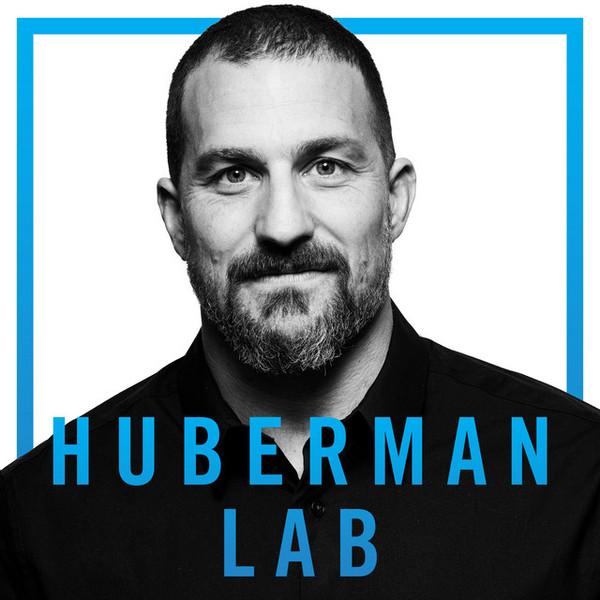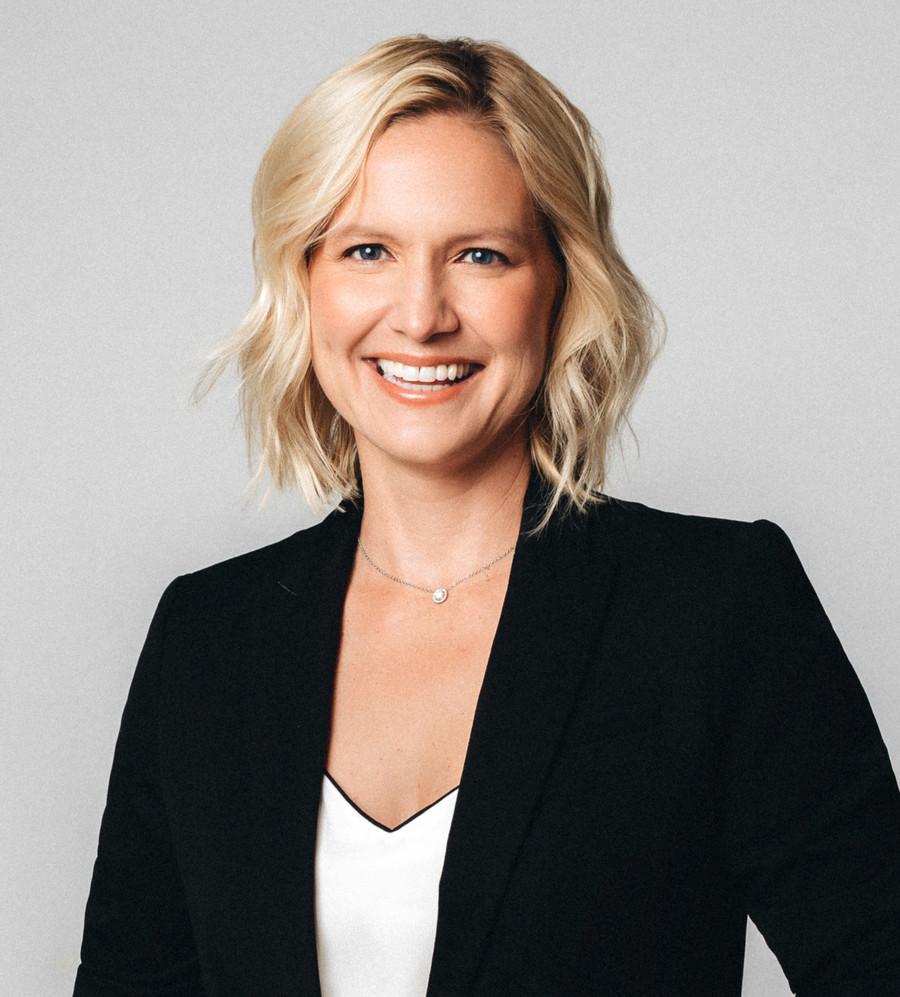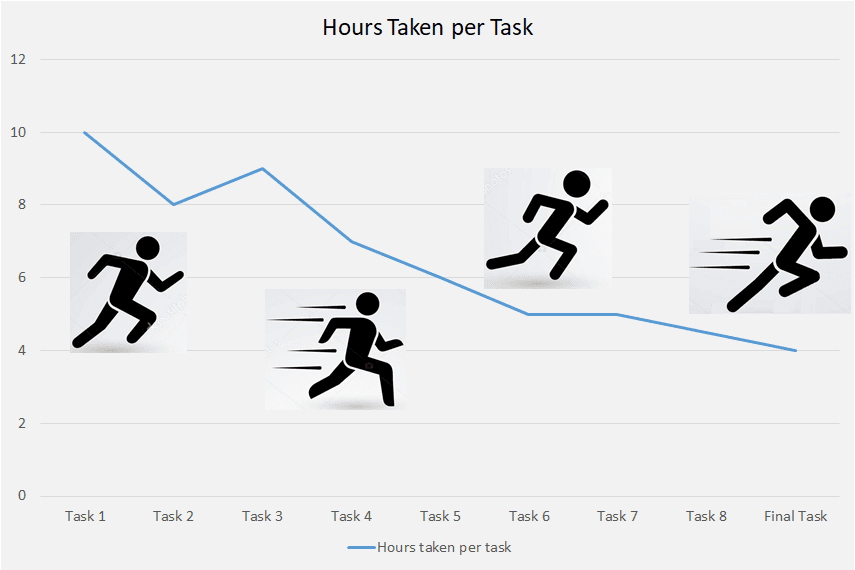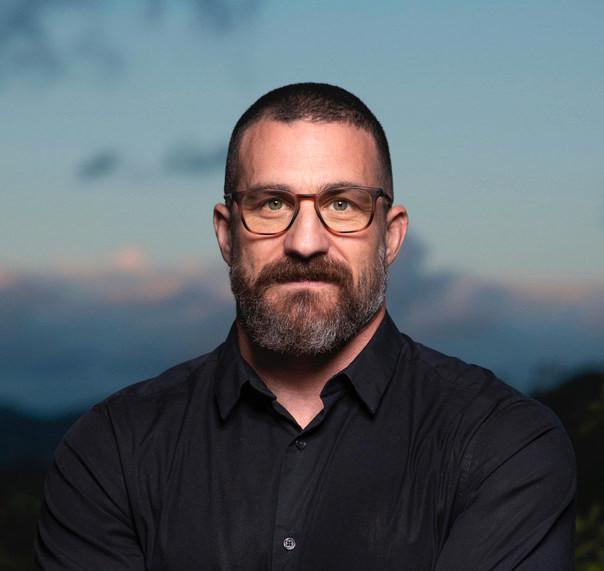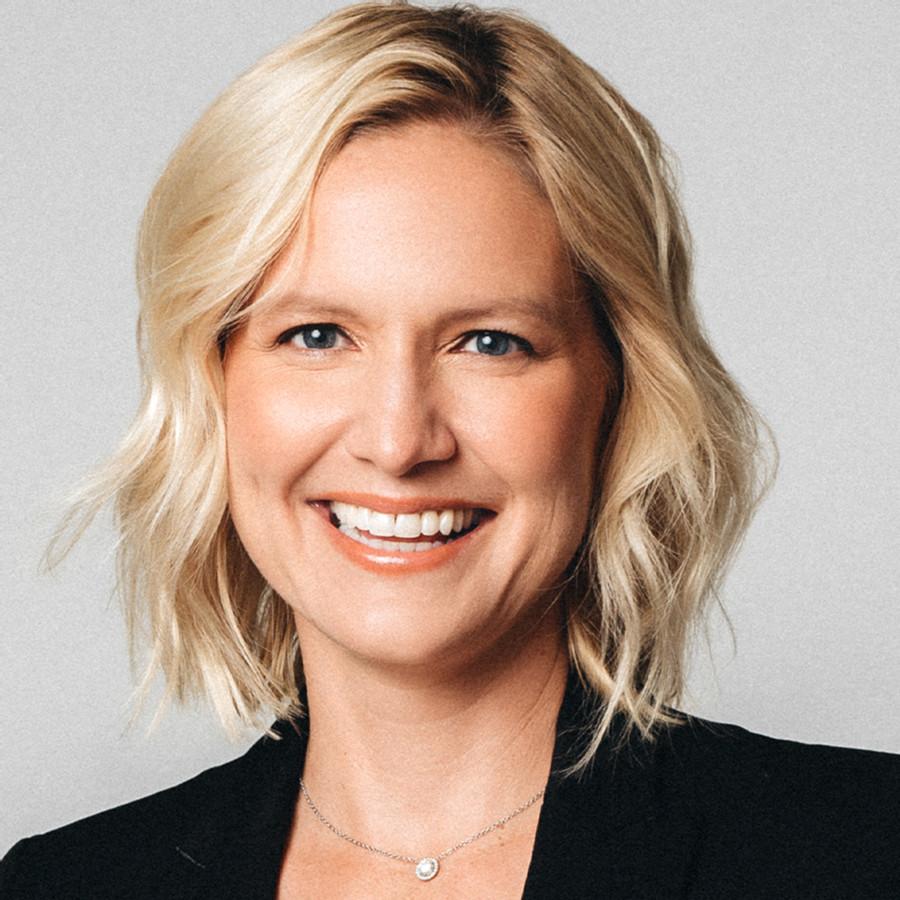Tools for Setting & Achieving Goals
Curated from: Huberman Lab
Ideas, facts & insights covering these topics:
10 ideas
·29.7K reads
188
2
Explore the World's Best Ideas
Join today and uncover 100+ curated journeys from 50+ topics. Unlock access to our mobile app with extensive features.
Set goals that are challenging but not impossible.
How you visualise a goal or problem in your mind dictates how well you lean into that goal: whether you will be able to meet the goal, how you feel after & your capacity to tackle larger goals.
Do you have trouble finishing your run? Focus on intermediate targets along the way which makes the goal feel closer and you push harder.
321
4.62K reads
Proximity to a goal increases the investment and resources that people use to meet that goal.
DR. EMILY BALCETIS
266
4.11K reads
What Makes Visual Field Unique?
Vision takes up more real estate & visual processing in the brain as compared to any of the other senses. We prioritise what we see because we believe what we see.
Narrowing our visual aperture changes the way we perceive time:
- Seeing the world through narrowed focus or spotlight is helpful when we need an extra push to get us to the finish line.
- When we are stressed or aroused in any way, pupils enlarge which equates to a narrowing of the visual aperture.
People with anxiety or depression have more attention captured by negative things or reinforcing of world view.
282
3.11K reads
Relationship Between Visual Field, Exercise, & Goal Setting
Goals most people struggle with are usually related to health, exercise, diet. Runners who use a narrowed scope of vision/attention in races have better outcomes than those who don’t.
Strategies to focus visual field:
- Look straight ahead at the goal/finish line;
- Set a target at some marker of significance;
- And move to the next as you hit.
Goal-gradient hypothesis: the closer you get to the goal, the harder you work to finish that goal.
Tip: induce an illusion of proximity that makes the goal look closer and keeps you pushing harder.
298
2.67K reads
For a lot of people, it’s not about getting from start to finish, it’s about getting to start.
DR. ANDREW HUBERMAN
290
2.85K reads
Using Visualisation To Start
Creating a visual manifestation (e.g., vision board, lists) of your goal is effective for identifying what you want, but not necessarily effective in actually meeting the goal.
To put vizualization into action:
- Plan - break into down into practical day-to-day;
- Think about obstacles that stand in the way of success so they don’t surprise you along the way.
Foreshadow failure and plan solutions to set yourself up for success.
305
2.43K reads
248
2.46K reads
How Motivated Versus Unmotivated People View The World
Visual experiences change in relation to different states of our body - people who experience chronic fatigue, elderly, and overweight perceive distances as farther, hills steeper.
Study findings: people when given a sugary energy drink, perceived their space as more constricted and the finish line was closer to them.
How to overcome: narrowing the visual field will help allocate resources in the right direction.
259
2.38K reads
Approaching Cognitive, Non-Physical Goals
Tying vision to the process of learning a language helps enhance outcomes.
- Don’t count on your memory alone, write down your progress or record on your phone to accurately track
- Use tools for progress tracking.
265
2.41K reads
If you have more energy, the world looks easier; the distance to the finish line doesn’t look as far.
DR. EMILY BALCETIS
264
2.64K reads
IDEAS CURATED BY
CURATOR'S NOTE
In this episode of Huberman Lab, Andrew Huberman & Dr. Emily Balcetis explain how to best visualise and overcome challenges in pursuit of larger, complex goals. They also discuss the science of defining goals, setting milestones, overcoming obstacles, and tracking progress.
“
Refresh Your Mind 's ideas are part of this journey:
Learn more about problemsolving with this collection
How to focus on the present moment
How to cultivate empathy and understanding towards others
How to set personal and professional goals
Related collections
Similar ideas
11 ideas
5 ideas
7 ideas
Read & Learn
20x Faster
without
deepstash
with
deepstash
with
deepstash
Personalized microlearning
—
100+ Learning Journeys
—
Access to 200,000+ ideas
—
Access to the mobile app
—
Unlimited idea saving
—
—
Unlimited history
—
—
Unlimited listening to ideas
—
—
Downloading & offline access
—
—
Supercharge your mind with one idea per day
Enter your email and spend 1 minute every day to learn something new.
I agree to receive email updates
